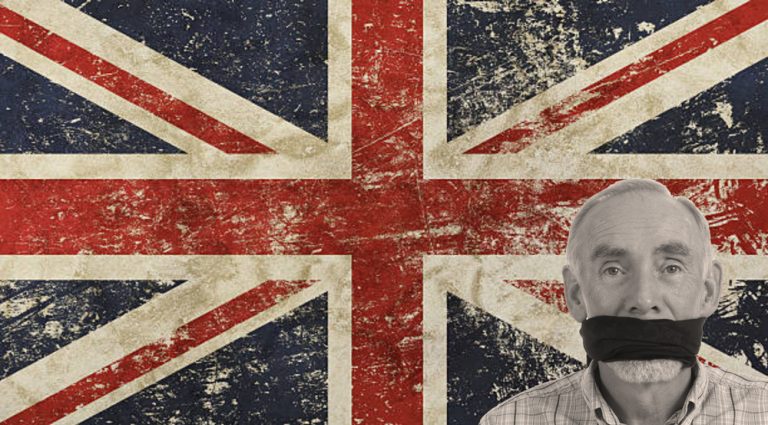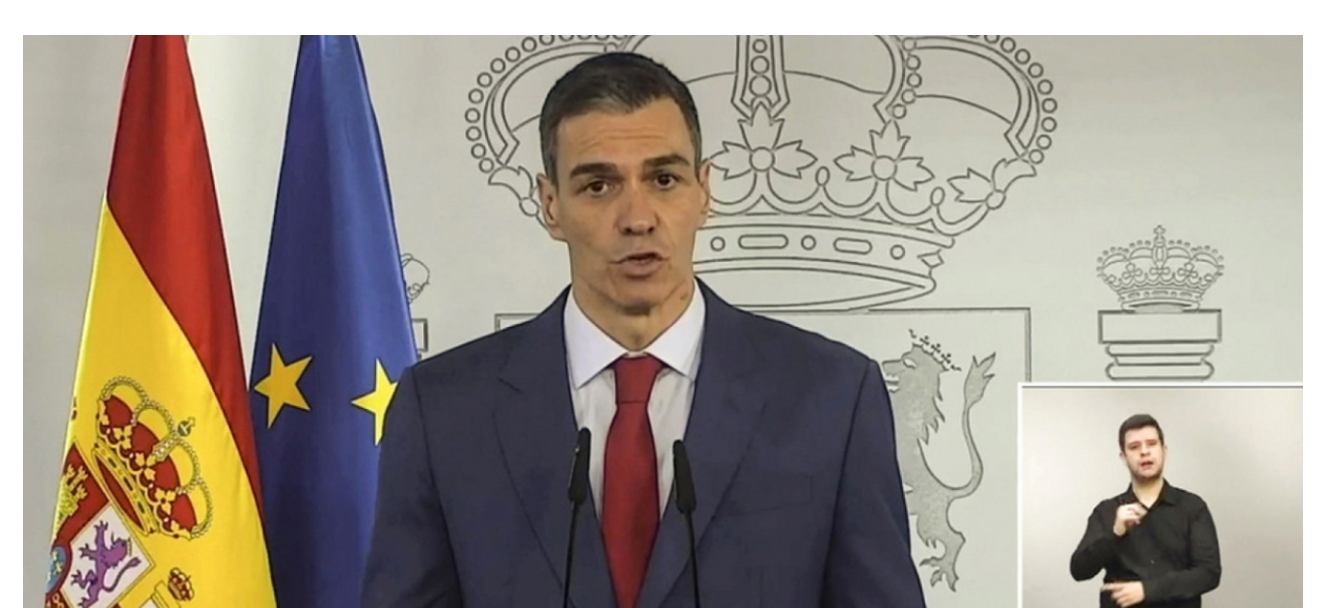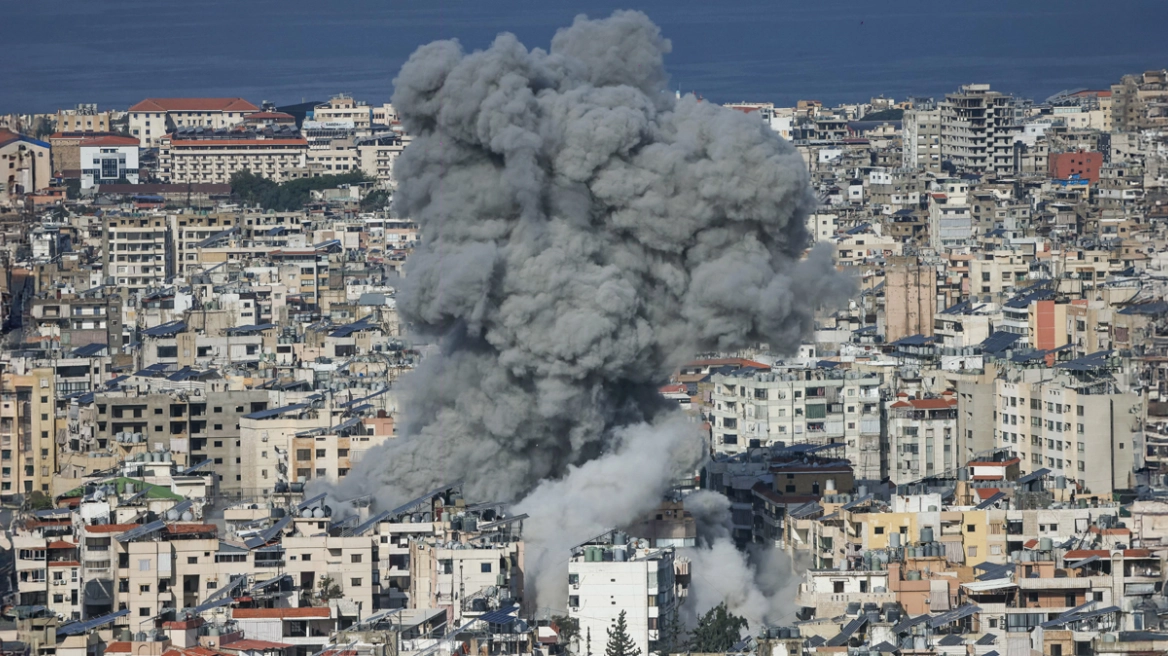The Tony Blair Institute for Global Change has released a report, Designating Hate: New Policy Responses to Stop Hate Crime, which recommends radical initiatives to tackle “hate” groups, even if they have not committed any kind of violent activity.
The problem, as the think-tank defines it, is “the dangerous nature of hateful groups, including on the far right like Britain First and Generation Identity. But current laws are unable to stop groups that spread hate and division, but do not advocate violence”. The think-tank defines what it sees as one of the main problems with hate crime the following way:
“A steady growth in hate crime has been driven by surges around major events. Often this begins online. Around the 2017 terror attacks in the UK, hate incidents online increased by almost 1,000 per cent, from 4,000 to over 37,500 daily. In the 48-hour period after an event, hate begins to flow offline”.
Specifically, the report mentioned as problematic the rise online in “hate incidents” after three Islamic terrorist attacks in the UK in 2017 — the Westminster car-ramming and stabbing attack in March by Khalid Masood, who murdered pedestrians and a police officer; the Manchester arena bombing in May, at the end of an Ariana Grande concert, in which Salman Abedi murdered 22 people — the youngest only 8 years old — and injured more than 200 people; and the London Bridge ramming attack in June, in which Rachid Redouane, Khuram Butt and Youssef Zaghba drove a van into pedestrians on London Bridge and then proceeded to stab people in nearby Borough Market. Eight people were murdered in that attack.
Disturbingly, the main concern of Blair’s think-tank appears to be the online verbal “hatred” displayed by citizens in response to terrorist attacks – not the actual physical expression of hatred shown in the mass murders of innocent people by terrorists. Terrorist attacks, it would appear, are now supposedly normal, unavoidable incidents that have become part and parcel of UK life.
The report claims:
“Divisive groups – especially increasingly mainstreamed far-right groups – spread hatred with relative impunity because responses to nonviolent extremism remain uncoordinated; hate incidents spike around major events, leaving communities exposed; and perpetrators of religious hate are rarely prosecuted due to gaps in legislation”.
The problem, according to the report, is that “current laws are unable to stop groups that spread hate and division, but do not advocate violence”.
Read more HERE
Ask me anything
Explore related questions




